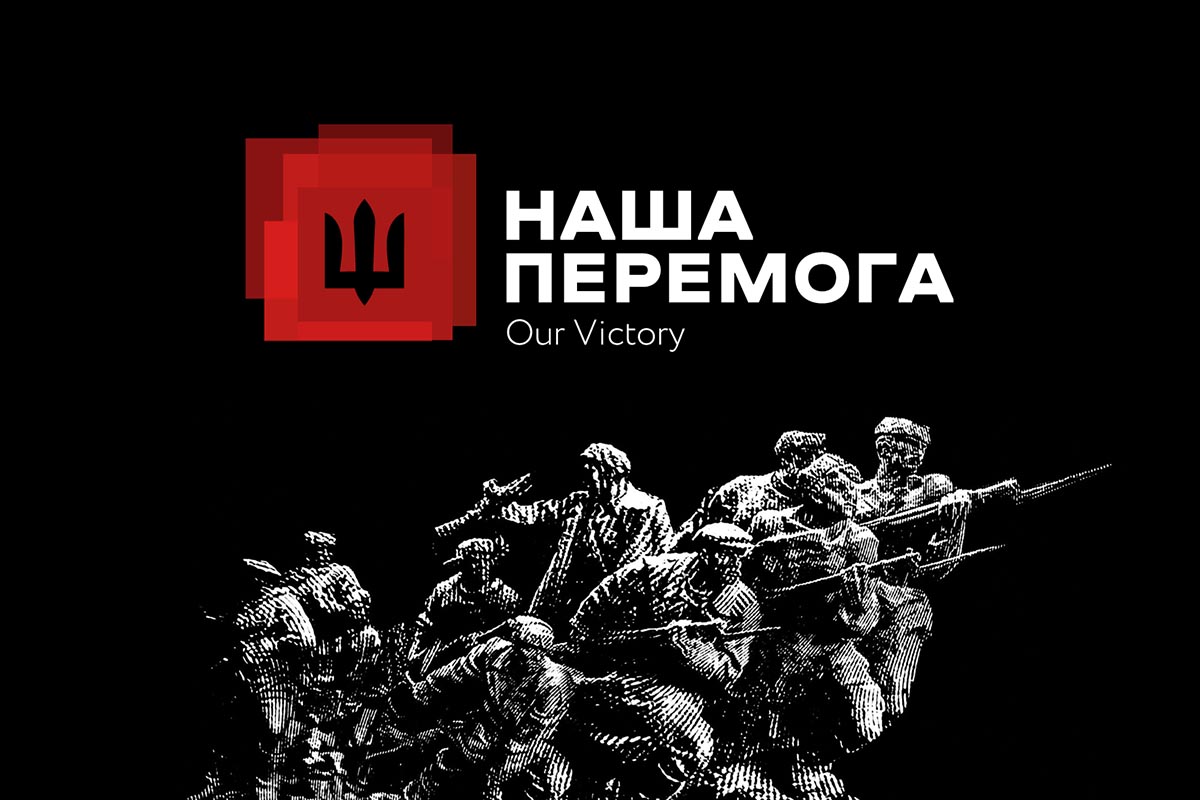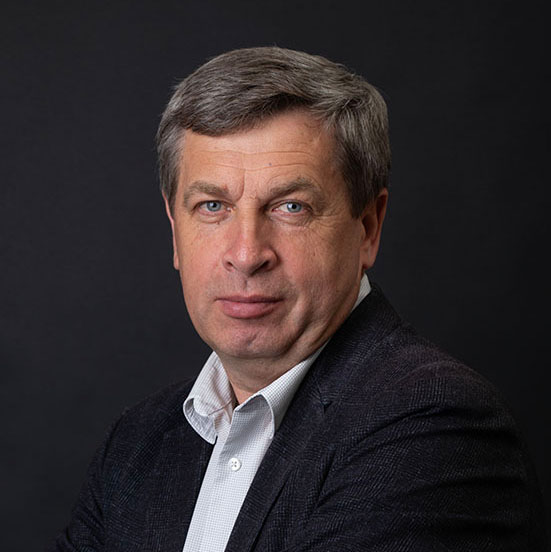In January 1945, Saturday Evening Post reporter Edgar Snow published an article based on his travels through Ukraine. He wrote, among other things, that the war, which some were inclined to call "the Russian glory," ought to be rightfully recognized as "first of all a Ukrainian war..."
Between 1939 and 1945, and for many years before and after – up until 1991 – Ukrainians were the largest stateless people in Europe. Ukrainians had to fight not for the interests of their own country, but in the armies of various nations and resistance movements. Yet this did not diminish their role in the victory over Nazism; on the contrary, it was profound. Regardless of territorial affiliation, social status, or ideological beliefs, Ukrainians fought bravely and selflessly against one of the most horrific phenomena in human history – Nazism.
However, for many decades, the memory of the Second World War was shaped and distorted by the Soviet totalitarian propaganda machine. Countless scholars, following directives and implementing the "party line", constructed the "Great Patriotic War" myth. This narrative excluded the right to self-determination for the peoples of the USSR. Instead, it proclaimed the "Great Victory" of Soviet society under the leadership of the dominant russian nation. Ukrainians, in contrast, were often depicted as collaborators, traitors, or Nazi sympathizers. This memory policy aimed to firmly and cynically entrench the image of russians as the sole victors, while also justifying the crimes of the totalitarian regime – crimes committed even against Ukrainians themselves. These narratives were propagated within the USSR and far beyond its borders, permeating the international discourse on the Second World War.
Ukraine’s Declaration of Independence set in motion irreversible processes. Scholars, researchers, and public intellectuals gradually dismantled the myths and distortions of the Second World War and refuted Soviet narratives. Access to previously forbidden archives, engagement with foreign academic work, and the freedom to conduct oral history research enabled a reassessment and, based on facts and evidence, the formation of a demythologized narrative about the historical role of Ukrainians in the war.
Nonetheless, the powerful machinery of russian propaganda – which has for decades spared no effort or expense in promoting its ideas and entrenched messaging about the Second World War – continues to use every available platform to undermine the Ukrainian contribution to the victory over Nazism.
The National Museum of the History of Ukraine in the Second World War, as one of the leading institutions studying and highlighting Ukrainian participation in wartime efforts, acknowledges its responsibility to society and past and future generations of Ukrainians. On the occasion of the 80th anniversary of the Victory over Nazism and the End of the Second World War, it is launching the information campaign "Our Victory".
As part of this campaign, a series of exhibitions, popular science publications, scholarly research, themed panel discussions, roundtables, and public events are planned.
Our goal is to highlight the contribution of the Ukrainian people to the victory in the Second World War and to affirm the fact that the primary burden of the struggle against Nazism in Europe fell on the shoulders of our compatriots. Ukrainians fought in the Red Army, the Polish Army, Soviet partisan units, the Ukrainian Insurgent Army (UPA) ranks, and in the French, Yugoslav, and Slovak Resistance movements. Around 50,000 Ukrainians served in the Canadian, American, Australian, and British armed forces. The largest battles of the Eastern Front took place on Ukrainian soil. Our homeland, caught between Berlin and Moscow, suffered the biggest human and material losses in the Second World War.
This is Our Victory.

